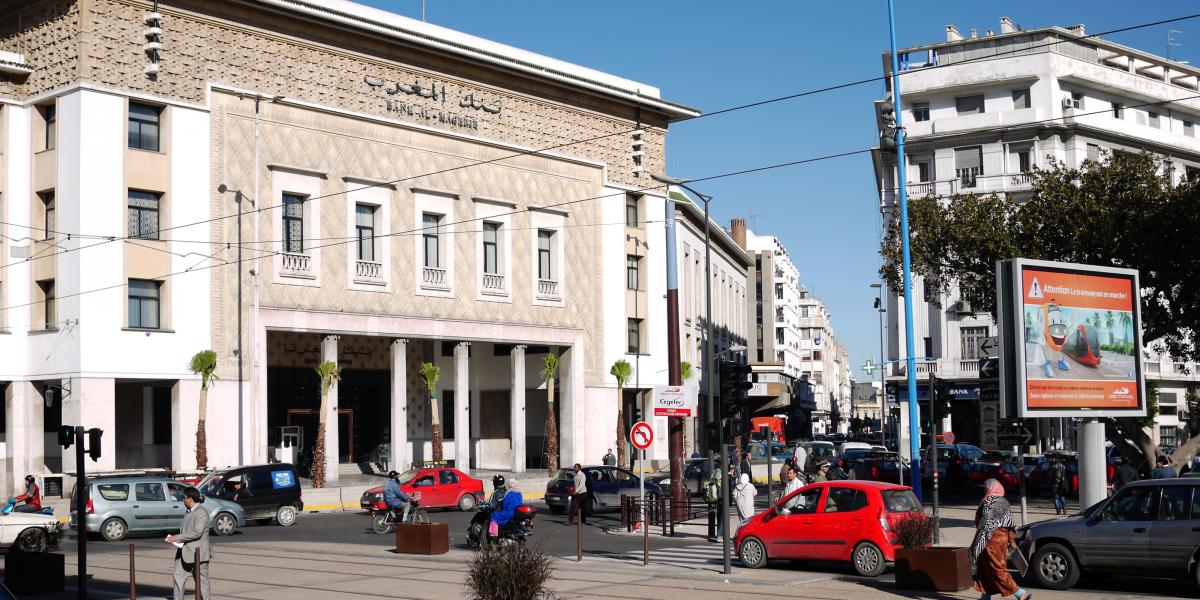South Africa : What a good credit score looks like and how to improve it
- 25 April 2022 / News / 497 / Fares RAHAHLIA

Whether buying a property or a car, most South Africans need credit to do so. And, knowing how much credit you qualify for and how you can improve your credit score may just be critical to your ability to continue improving your life over the long term.
Ayanda Ndimande, head of Sanlam Business Development for Retail Credit, says prospective lenders need to know how much of a risk you present when you apply for a loan. This includes an understanding of your past repayment behaviour so that a good assessment can be made of how much credit you potentially qualify for and at what interest rate.
“Your risk as low, medium or high is a living number that fluctuates depending on your repayment behaviour – so the better your credit score, the better the loans and interest you can access. This information is easy to find through various platforms such as Sanlam’s free online credit dashboard.
“This will show you your credit score and provide guidance on how to improve it, via credit coaching.”
What is a credit score and why does it matter?
If you’ve ever taken out a loan, registered a bond, applied for a credit card or even a cellphone contract, you’ll most likely have a credit score. Your score tells prospective lenders how much of a ‘risk’ you are in terms of your past debt repayment behaviour.
It looks at your transactional records and gives you a score, ranking you as low, medium, or high risk. Your credit score is a living number that fluctuates depending on your debt repayment behaviour. Practically, this means that the better your credit score, the better the loans and interest rates you can access.
What does a good credit score look like?
Ooba, a firm that helps South Africans secure home loans, grades credit scores using the following bands:
- 300 – 609 = Poor
- 610 – 649 = Fair
- 650 – 699 = Good
- 700 – 749 = Very Good
- 750 – 850 = Excellent
This scale varies slightly depending on which credit union you use. According to MortgageMarket.co.za, “the minimum credit score for a home loan in South Africa is around 640. A score of 600+ will give you a fair chance of home loan approval – although this may vary according to which bank you use.”
If you have a good credit score, lenders will usually give you loans at the prime lending rate, which is the interest rate used by banks and is fixed, so it won’t change unless the repo rate changes. Customers with very good and excellent credit scores may get prime -1% or -2% and customers with poor credit may get up to prime +3.
What does this mean in practical terms?
Jackie Smith, head of Customer Contact Centre at Ooba, says a strong credit score could potentially save you hundreds of thousands of rands if you’re buying a new home as it enables you to negotiate a lower interest rate.
The table below shows the impact of different interest rates using the example of a R1.5 million home loan, paid off over 20 years. An individual with a Prime +2% interest rate would pay an estimated R677,351 more than someone who secured a Prime -1% interest rate.
*These numbers are for illustrative purposes only; other costs may be included as well.
Financing your car is similar. If you bought a car for R200 000 and paid it off over 5 years, your total repayment would be R237 627, 59 at prime -1%, and R259 415,44 at prime +3%.
Every loan is negotiated on its individual merits and your credit score is not the only criteria that will affect your loan.
“A home loan applicant’s credit bureau score is not the only factor that determines the interest rate that the bank will charge a borrower on the approved home loan. Factors such as the size of the home loan, the size of the deposit, the area that the property is situated in, the profession of the borrower, etc. are some of the additional factors that influence the interest rate,” said Smith.
How to improve your credit score:
The answer is quite simple, said Ndimande. “Pay on time, avoid taking on any further debt and instead focus on reducing current debt. When possible, pay more than the minimum amount required to pay off your loan faster.”
To help South Africans use credit responsibly, Ndimande said: “Budget well and renegotiate your premiums whenever you can, especially premiums on depreciating assets such as a car. Finally, check what you are paying for and whether it is still necessary. If it is, then reduce debt by paying it off systematically each month.”
source: businesstech.
 English
English
 français
français
 العربية
العربية







